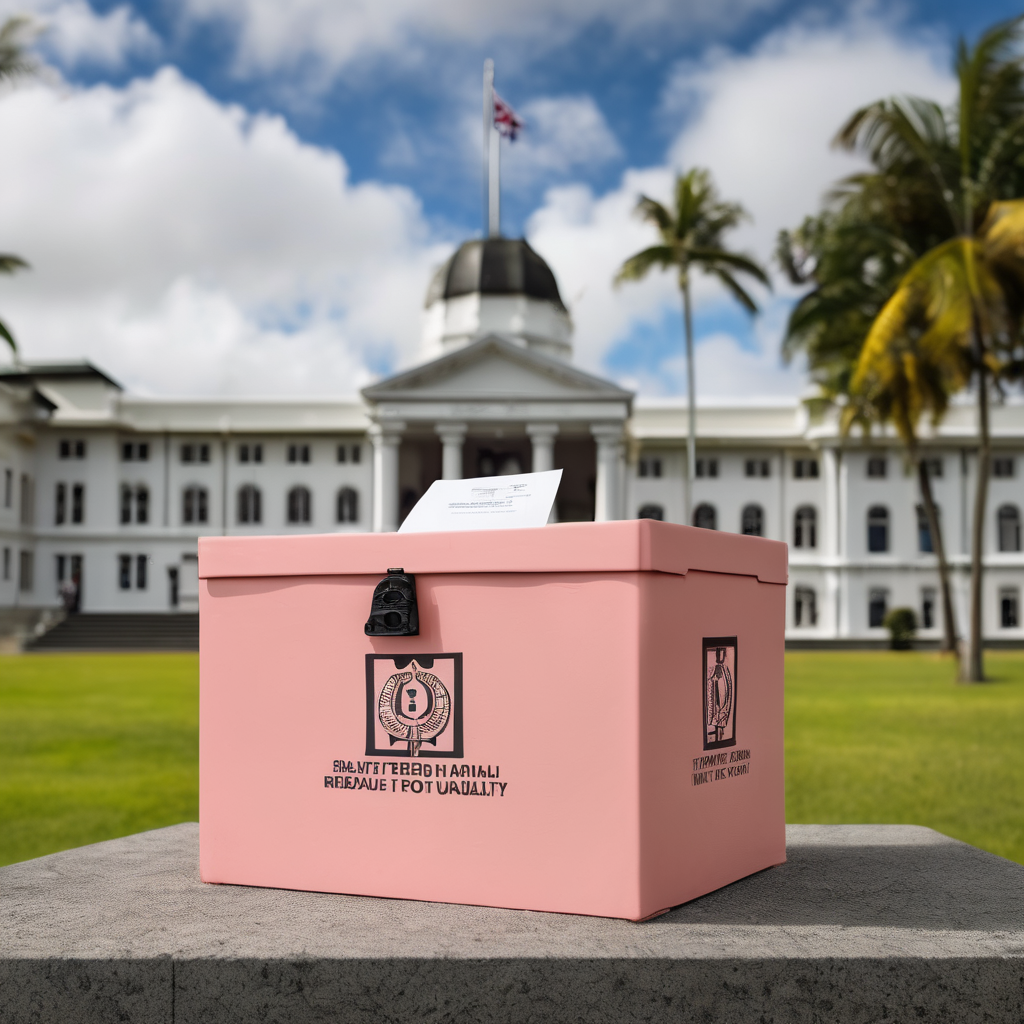The Consolidated Review Report on the 2022 General Elections Joint Report has proposed the introduction of a gender quota for political party candidates in Fiji, with the objective of increasing the participation of women in future elections. This recommendation was announced in Parliament by Assistant Minister for Home Affairs Ratu Rakuita Vakalalabure during a session on Thursday.
During his address, Ratu Vakalalabure highlighted that this proposal is among several substantial findings from the Standing Committee on Justice, Law and Human Rights. The committee’s comprehensive review encompasses 20 recommendations from the Multinational Observer Group (MOG) alongside insights from the Electoral Commission (EC) and the Fijian Elections Office (FEO), which were carefully refined for potential inclusion in forthcoming electoral law amendments.
The report raised several critical concerns, including worries about the FEO’s declaration document, which some fear could be used to the advantage of a winning party. Additionally, the committee deliberated on the contentious idea of abolishing limits on political donations, leading to discussions about the implications for the impartiality of governing parties. They also stressed the importance of timely public announcements regarding election dates, specifying the Electoral Commission’s shift from a mobile election results app to a conventional media center model. In light of the recent repeal of the Media Industry Development Act (MIDA), the report urged for a new framework to guarantee fair media access during elections.
The push for a gender quota resonates with past initiatives that have sought to bolster women’s representation in Fijian politics. Previous discussions have suggested a mandatory 30 percent quota for female candidates, reflecting a commitment among civil society organizations to dismantle systemic barriers impeding women’s engagement in politics. Advocacy groups, such as the Fiji Women’s Rights Movement, have played a crucial role in this effort, highlighting the decline in female candidates from 24 percent in 2018 to merely 18 percent in the last general elections.
As these discussions unfold, there is a renewed optimism that the proposed gender quota, coupled with structural electoral reforms, could pave the way for a more equitable political landscape in Fiji. Such initiatives not only aim to empower women but also strive to enrich political discussions, promoting governance that better represents the nation’s diverse demographics. This initiative signifies a hopeful step forward toward fostering a political environment that honors the contributions of all citizens, nurturing a democracy that genuinely reflects the aspirations and needs of its people.
